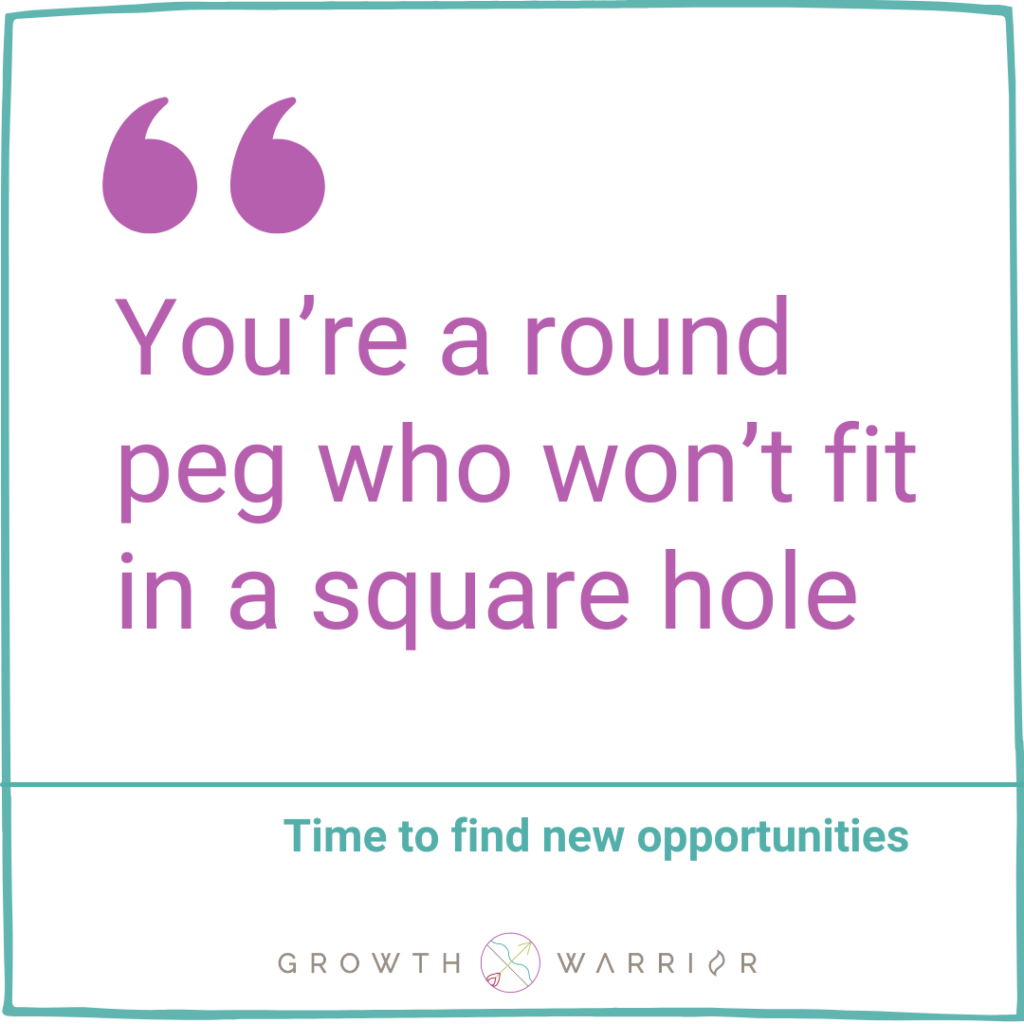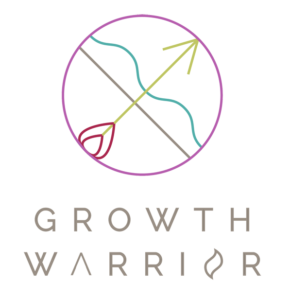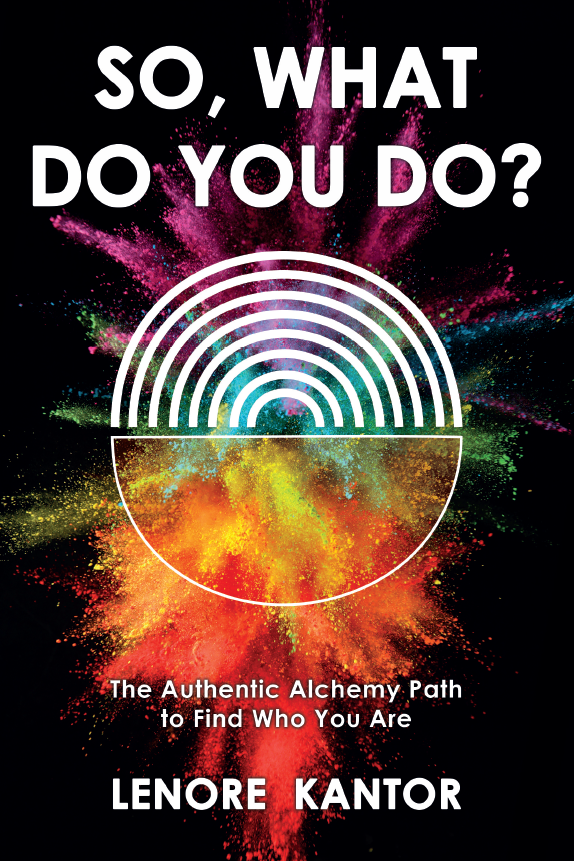How can you be more of yourself?
For the ice cream fans out there, what’s your favorite flavor and style? Gelato, sorbet, soft serve? Are you a purist who only likes vanilla or a taste-seeker like me who’s always down to try the latest taste sensation. Lavender rosemary with maldon sea salt, any variation of dark chocolate with peanut butter or bacon ice cream (apparently it’s a thing, particularly during Bacon Fest)?
If only life were like walking into an ice cream shop where you get to try a little of this and a little of that or bring all of them together in a picture perfect flower with multi-flavored petals like Amorino (which I highly recommend). Sadly, many of us go for the single flavor soft serve in a basic wafer cone or cup, rather than the swirl.
Lately I’ve even be downsizing to kiddie portions to reduce calories (so sad I know). Every once in a while I do splurge (I highly recommend getting a maple creemee in Vermont, definitely worth it!), but more often than not I ration my passion to avoid over-indulgence.
Why do we limit ourselves?
Most work environments, particularly traditional corporate cultures, don’t create a warm and welcoming environment for differences beyond diversity, equity and inclusion (a much larger issue worthy of further discussion). I’ve found that many organizational norms enforce certain expectations around acceptable behaviors.
De facto norms often evolve around which personality types (usually extroverts), management styles (directive) and decision-making approach (groupthink) are encouraged and allowed, and which are dismissed if not squelched altogether (often the introverted collaborative independent thinkers). Consensus and conformity are often preferred over individuality and unique perspectives. This push to get along and fit in occurs as much in family units as it does in the workplace.
How Do You Show Up?
Not all organizations or families are repressive or oppressive, but our capitalist society doesn’t often teach us to consider the systemic elements influencing our choices. We can’t always tell what water we’re swimming in because it’s all around us. We don’t realize how deeply impacted we are by those with whom we surround ourselves.
A European friend recently reminded me how overwhelmingly positive and upbeat most Americans are, yet this can become a bit performative and superficial. The standard response to the perpetual question of “how are you?” is almost always “good.” Why? Because no one wants to rock the boat and say how they really feel or what’s actually going on and it’s likely the questioner doesn’t really care.
Now don’t get me wrong, I think there are many valuable aspects of optimism and positivity, not the least of which is looking for the silver lining and seeking out the best. But fake happiness and the pursuit of perfection can create challenges as we try to live up to some unrealistic ideal and hide our true experiences.
So how can we be more authentic and bring our full selves forward when many environments we operate in or belong to want us to fit in? This becomes a choice. To hide, keeping our opinions, interests, values and style in the closet or to bring our unique perspective out in the open.
If only it were that simple, to decide “I’m going to just be me all the time everywhere I go.” Ideally this is the goal and of course, we do bring ourselves wherever we are. Our essence is always with us. Yet, many of us may need to be mindful of what we say, depending on who we are around.
This has become increasingly apparent as we become surrounded by divisiveness and polarity. Little tolerance for differences has made true connection and engagement more challenging. There’s a constant push to pigeonhole people into little round holes. Yet most of us are square pegs. Others want to peg us and we want to pin them too. Trying to control our experience can make our lives easier.
And yet, we are complex beings with multiple interests and divergent experiences. We may value different things from those we’ve been close to, cared about or grown up with. One day we might find that someone we once trusted and held dear holds a belief that we can’t agree with or tolerate. Do we kick them to the curb or try to navigate how we can care about them while we may not care for what they stand for?
SO, HOW TO HOLD THE COMPLEXITY?
The most important thing we can do is to know ourselves and make our choices consciously. Through AWARENESS we can assess a given situation, decide what is most important in that moment, then act accordingly. Sometimes it’s appropriate to stand up and stand out when there’s something you believe in strongly. Other times it may make sense to hold back and consider what feels best in the moment.
I initially thought I might encourage you to DO YOU always. To be yourself (and myself), loud and proud, wherever you are. And yet, that doesn’t always seem appropriate, particularly if you find yourself in a hostile environment. Putting your life and/or reputation at risk is not always wise. Yet in certain situations, doing just that may feel essential.
Which brings me to recommend some guiding principles for your decision-making process.
- Knowing your VALUES can be one incredibly helpful criteria to evaluate whether you are living in alignment with what you believe.
- Considering your NON-NEGOTIABLES, those mandatory things that you require to be satisfied and operate effectively.
- Finally, consider your REQUIREMENTS, which elements are necessary right now for you to survive and thrive.
Once you’re clear on what is necessary in a given moment, and how you wish to operate, then you can make choices from a grounded place of wholeness. Now that doesn’t mean that you’ll always get what you want, but knowing what will make you feel whole can be meaningful.
If your life is endangered, safety is and should be your first concern. If you need to earn a living, ensure you have a stable source of income. If you live with or see family or friends regularly, choices become trickier and more nuanced. If your soul is crying out for fulfillment, ask it what it needs.
Our goal is to find some relative balance. Perfection and absolutism are ideals, but not always realistic. We’re constantly being faced with challenges we may not anticipate. However, knowing what we want, need and value, can help us make the right decisions in the short and long term. Rarely are things “one and done.” More often than not, we have the opportunity to evaluate our situation, to reflect and adapt as needed.
An invitation to consider
Consider these questions to give yourself more clarity on what matters most.
- What are my most important life priorities right now? Why?
- What are my most important work priorities right now? Why?
- How do I want to show up? What values will I use to guide my choices? Identify 3 to 5 key words to guide your decision-making.
- Where am I not living up to what I believe in? Why not? What’s really going on?
- What needs to change? How might you want to adjust your life and/or work to live more in alignment with what you care most about?
I’ve noticed when I reflect on these questions that sometimes I don’t live up to my personal values. You know, do as I say, not as I do:) I somehow give my needs short-shrift when I over-index on work priorities and lose sight of what matters most. Then I know I need to reflect on where I adjustments are needed.
One big decision I made a decade ago was to leave the corporate world and start my own business when I decided working for others with limited autonomy and independence were no longer tolerable. That required a reckoning and profound soul searching to choose what I valued more – predictability, safety and steady income or freedom, creative self-expression and risk-taking. Up until that point, I had been firmly rooted in the keep things secure and stable camp. Then something shifted and I could no longer operate with business as usual.
We’re in a time of incredible flux. There are so many changes happening with technology, geo-politics and what is possible. We may need to increasingly rethink our requirements as new opportunities become available that may not have existed previously. I was recently introduced to the inspiration of solar punk, which imagines a sustainable post-dystopian future, yet found myself wondering how to make that really happen.
What we want and need today may be completely different from what we desire 3, 6 or 12 months from now. Things can change on a dime. That’s how life is. We are constantly being faced with new challenges. Don’t feel that your choices need to be hard and fast rules.
I believe that flexibility and adaptability are important skills to cultivate. Resilience in the face of uncertainty and adversity. Not easy to master, but important mindset shifts to consider, requiring inherent trust in yourself. YOU KNOW WHAT YOU NEED!
As external sources around us are increasingly unpredictable and less reliable, you must be guided by your inner compass. How can you trust yourself and perhaps a higher power (the universe, divine, luck, serendipity, source or whatever you believe in) to know you are on your path? You will know what you need. I encourage you to listen and follow your own wisdom.
To knowing yourself,
Lenore
P.S. If you’ve questioned your own instincts and want some support to find your center and clarify your purpose, please reach out. I would love to help guide you to know and trust yourself! Setup a discovery call for us to go deep on your current situation and help you uncover how you can create more of what you want by tuning into yourself more deeply. I’d love to hear what you’re thinking.



